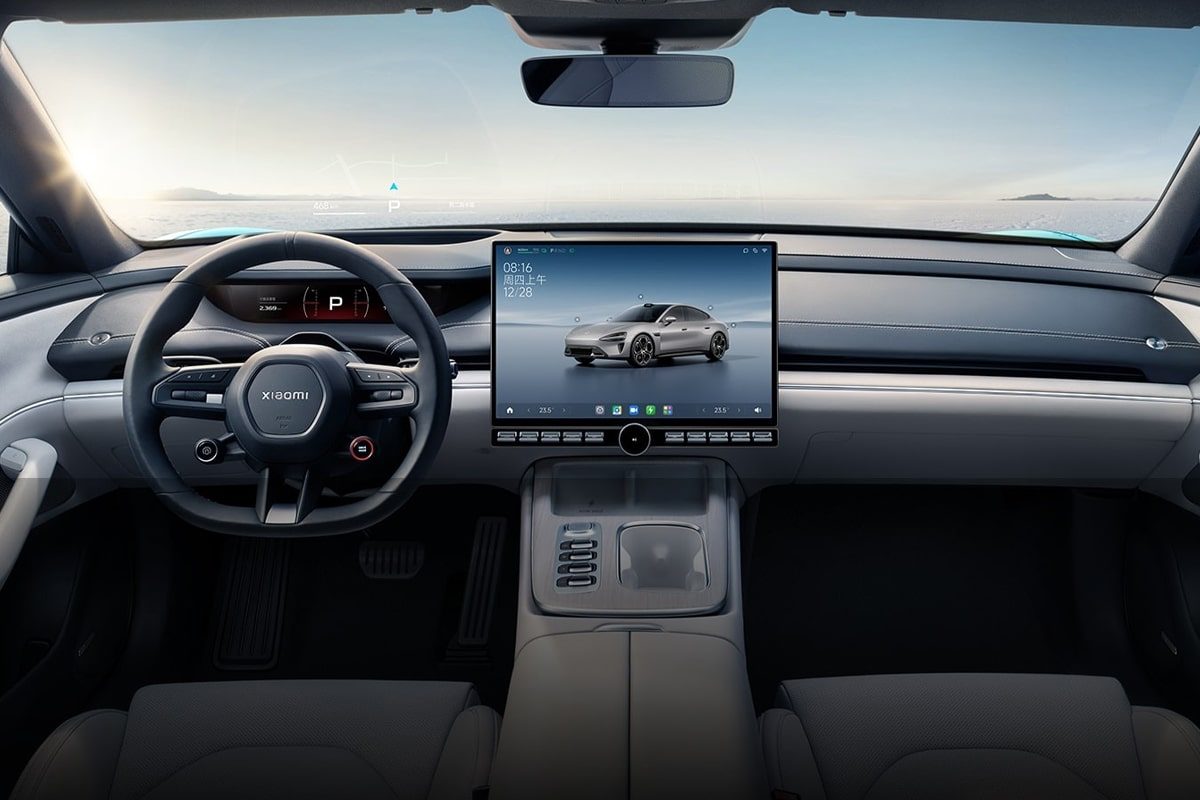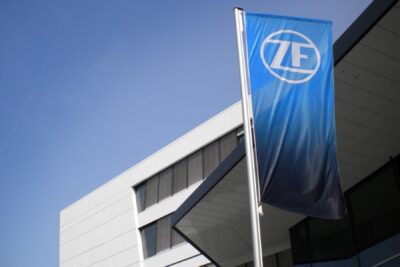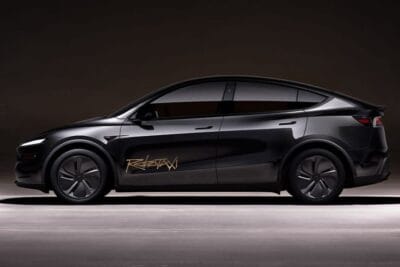China bans misleading ads for autonomous driving
These guidelines on vehicle advertising were presented by the Ministry of Industry and Information Technology on Wednesday at a meeting with almost 60 representatives of car manufacturers. The political decision followed a fatal accident in a Xiaomi SU7 with a driver assistance system.
According to media reports, the Chinese Ministry of Industry and Information Technology (MIIT) held a closed meeting with 20 companies this week and announced stricter rules for the introduction and marketing of driver assistance software. The reason for this is that smart car functions are increasingly serving as a distinguishing feature in the highly competitive Chinese car market. Accordingly, particularly active OEMs in this field, such as Huawei, Xpeng, Li Auto and Nio, are constantly releasing new functions. The trend has even reached the low-price segment: in February, China’s largest electric car manufacturer BYD announced in February that its assistance system called ‘God’s Eye’ would also be integrated into small cars in future.
According to industry experts, the government is concerned that users are not sufficiently aware of the limits of such systems and that the companies’ marketing could further fuel the misleading of consumers. As a result, there are apparently already an increasing number of road accidents in China. A particularly serious crash involving a Xiaomi SU7, in which three women died, recently attracted a great deal of attention in the country. According to previous findings, the driver assistance software was activated during the accident.
The Ministry of Industry and Information Technology now apparently wants to tighten the regulations for smart cars in several areas, as various media have reported, citing the minutes of the meeting and screenshots of the meeting. For example, the practice of beta test programmes for pioneer users, which is common in the industry, is to be banned. This is an approach inspired by the smartphone business, in which car manufacturers recruited early adopters to test new autonomous driving functions and gather feedback. In future, public tests will have to go through the official approval channels. OEMs will therefore be obliged to carry out sufficient testing of their own and obtain authorisation from the authorities before introducing their systems. In addition, “the limits of system functions and safety measures must be clarified.”
China also wants to strictly regulate marketing terminology. Car manufacturers will be required to avoid using terms such as ‘self-driving’, ‘automated driving’, ‘autonomous driving’, ‘intelligent driving’ or ‘advanced intelligent driving’ in their marketing material. Instead, they must use the precise term “assisted driving by level…” (and then the corresponding number from 1-5).
The MIIT is working to ensure that OEMs reduce the number of software updates via the internet (OTA) and only pass these on to vehicles after sufficient checks have been carried out. In addition, vehicles that require software updates via emergency OTAs are to be treated as recalls or production stops in China in future, according to media quoting from the minutes of the meeting.
In addition, the MIIT apparently wants to put a stop to vehicle functions that work without the driver’s supervision, such as parking in a car park, calling the driver by pressing a button or remote control. As well as this, driver monitoring systems should no longer be able to be deactivated, and they should be required to recognise as soon as the driver takes their hands off the steering wheel (and, in response, brake the vehicle, activate the hazard warning lights).
The MIIT itself confirmed the meeting in a brief statement and stated that almost 60 delegates from major car manufacturers had attended. However, the ministry hardly commented on the content of the meeting. Meanwhile, initial reactions from Chinese automobile associations welcomed the ministry’s initiative. Fu Bingfeng, Deputy Secretary General of the China Association of Automobile Manufacturers (CAAM), commented that the “popularisation of driver assistance technologies must go hand in hand with the advancement of user awareness.”
Zhang Jinhua, President of the China Society of Automotive Engineers, also commented that the current maturity of driver assistance technology has deviated from the dynamics of marketing. “The blurring of boundaries in marketing and the distortion of user perception have become a growing problem, with some drivers confusing driver assistance with autonomous driving.” Road accidents caused by drivers who misuse driver assistance functions have occurred time and again and have caused great concern in society.
Chinese portals such as Car News China see the announcement of the stricter regulations at this point in time, shortly before the start of the Shanghai Auto Show, where autonomous driving functions are likely to be heavily promoted as a signal of “the government’s determination to regulate this sector more stringently.” China also just introduced stricter safety standards for batteries, which are due to come into force from 2026. According to experts, the two together could accelerate consolidation in China’s overcrowded car industry.





0 Comments